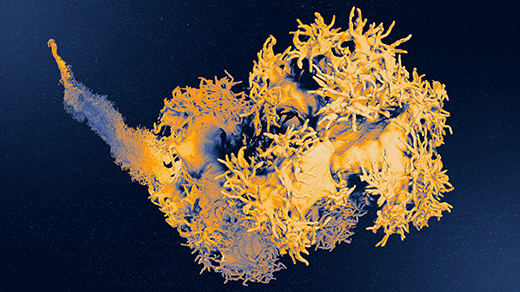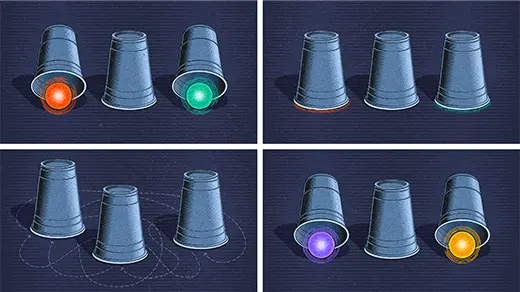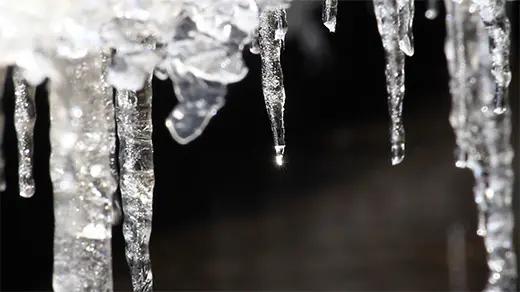2014 Fields Medal and Nevanlinna Prize Winners Announced
Latest Articles
Touch, Our Most Complex Sense, Is a Landscape of Cellular Sensors
Every soft caress of wind, searing burn and seismic rumble is detected by our skin’s tangle of touch sensors. David Ginty has spent his career cataloging the neurons beneath everyday sensations.
To Make Language Models Work Better, Researchers Sidestep Language
We insist that large language models repeatedly translate their mathematical processes into words. There may be a better way.
‘Paraparticles’ Would Be a Third Kingdom of Quantum Particle
A new proposal makes the case that paraparticles — a new category of quantum particle — could be created in exotic materials.
Where Does Meaning Live in a Sentence? Math Might Tell Us.
The mathematician Tai-Danae Bradley is using category theory to try to understand both human and AI-generated language.

Intelligence Evolved at Least Twice in Vertebrate Animals
Complex neural pathways likely arose independently in birds and mammals, suggesting that vertebrates evolved intelligence multiple times.
How a Problem About Pigeons Powers Complexity Theory
When pigeons outnumber pigeonholes, some birds must double up. This obvious statement — and its inverse — have deep connections to many areas of math and computer science.
What Is the True Promise of Quantum Computing?
Despite the hype, it’s been surprisingly challenging to find quantum algorithms that outperform classical ones. In this episode, Ewin Tang discusses her pioneering work in “dequantizing” quantum algorithms — and what it means for the future of quantum computing.
Why Everything in the Universe Turns More Complex
A new suggestion that complexity increases over time, not just in living organisms but in the nonliving world, promises to rewrite notions of time and evolution.
A New Proof Smooths Out the Math of Melting
A powerful mathematical technique is used to model melting ice and other phenomena. But it has long been imperiled by certain “nightmare scenarios.” A new proof has removed that obstacle.







